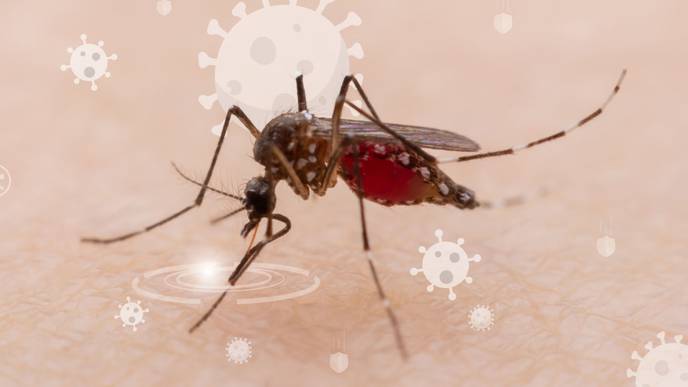Malaria is a life-threatening disease caused by parasites that are transmitted to people through the bites of infected mosquitoes. According to the World Health Organization (WHO), there were an estimated 229 million cases of malaria worldwide in 2019, with 409,000 deaths. Sub-Saharan Africa continues to carry a disproportionately high share of the global malaria burden, accounting for 94% of all malaria cases and deaths.
Mozambique is one of the countries in sub-Saharan Africa that is heavily affected by malaria. In 2019, there were an estimated 7.6 million cases of malaria in Mozambique, with 13,500 deaths. To better understand the genetic diversity and drug resistance markers of malaria parasites in Mozambique, a team of researchers conducted a study that was recently published in the journal PLOS ONE.
The study analyzed blood samples from 100 malaria patients in the Manhiça district of southern Mozambique. The researchers used a technique called polymerase chain reaction (PCR) to amplify and sequence a specific region of the parasite's genome that is associated with drug resistance. They also used a technique called microsatellite genotyping to analyze the genetic diversity of the parasites.
The results of the study showed that the malaria parasites in Mozambique are highly diverse genetically, with a total of 68 different genetic variants identified. The researchers also found that the parasites had developed resistance to multiple antimalarial drugs, including chloroquine and sulfadoxine-pyrimethamine.
"Our study highlights the urgent need for effective malaria control measures in Mozambique," said Dr. Pedro Berbert Ferreira, one of the authors of the study. "The high genetic diversity of the parasites and the presence of drug resistance markers make it difficult to control the spread of malaria in this region."
The researchers also found that the prevalence of certain genetic variants of the parasite was higher in patients who had received previous treatment with antimalarial drugs. This suggests that the use of these drugs may have selected for drug-resistant parasites.
"Our findings underscore the importance of using antimalarial drugs in a responsible and targeted manner," said Dr. Ferreira. "We need to ensure that these drugs are used only when necessary and that they are used in combination with other effective control measures, such as insecticide-treated bed nets and indoor residual spraying."
The study has important implications for malaria control efforts in Mozambique and other countries in sub-Saharan Africa. It highlights the need for continued surveillance of malaria parasites to monitor the emergence and spread of drug resistance. It also underscores the importance of developing new antimalarial drugs that are effective against drug-resistant parasites.
"Malaria remains a major public health challenge in Mozambique and other countries in sub-Saharan Africa," said Dr. Ferreira. "We need to continue to invest in research and development to find new and innovative ways to control this disease."

Facebook Comments